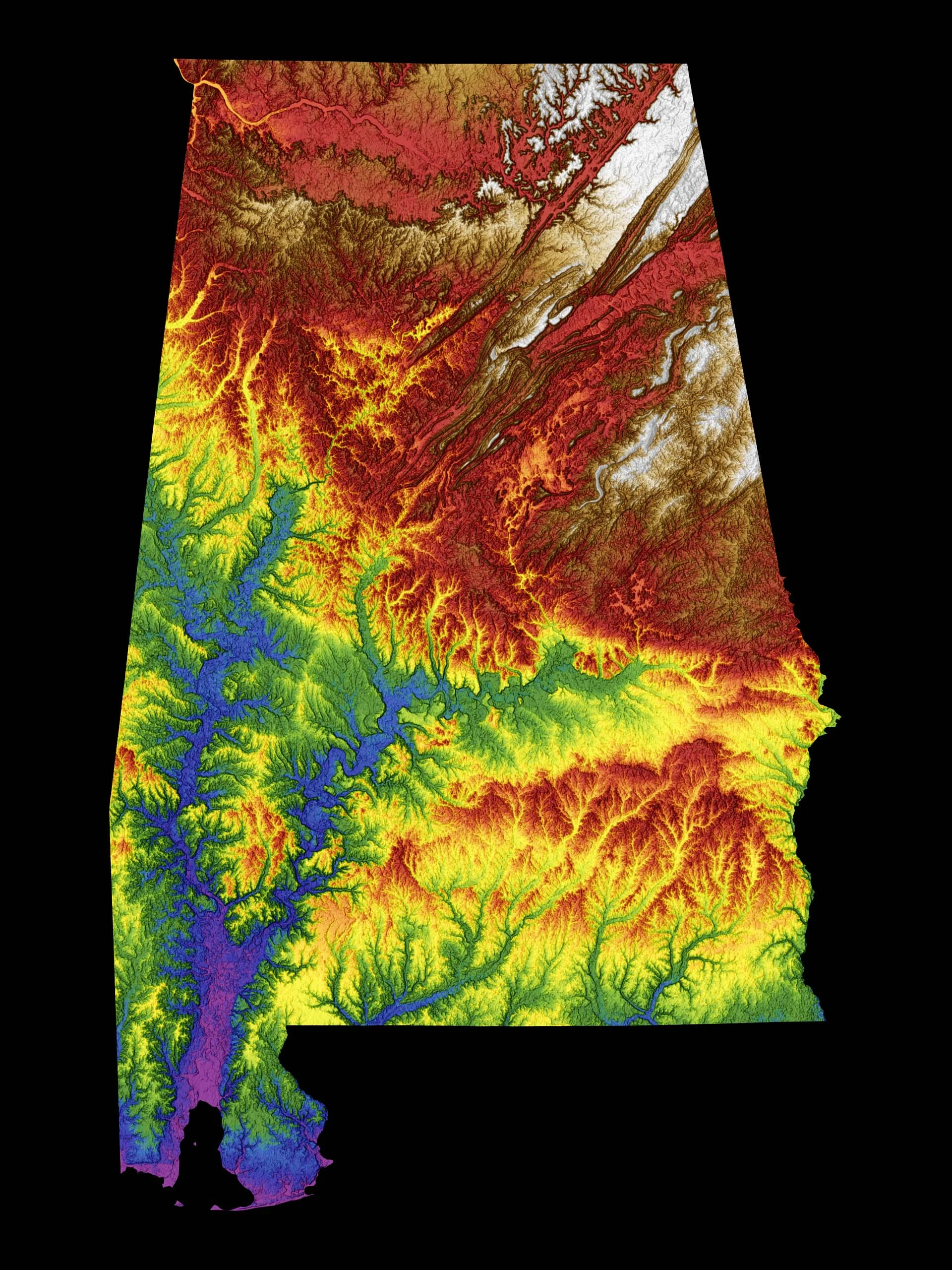
How qEEG Brain Mapping and Neurostimulation are Changing the Game
What is qEEG Brain Mapping
Attention Deficit Hyperactivity Disorder (ADHD) affects countless children and adults in Hoover and Birmingham, Alabama. While traditional treatments have been the norm, innovative clinics like Taproot Therapy Collective are bringing cutting-edge technologies like qEEG brain mapping and neurostimulation to the forefront of ADHD treatment in the area.
Understanding ADHD Through qEEG Brain Mapping
qEEG brain mapping provides Hoover and Birmingham clinicians with a window into the neurological underpinnings of ADHD. By identifying specific brainwave patterns associated with attention, impulse control, and executive function, qEEG helps pinpoint the areas of the brain that may be contributing to ADHD symptoms in local patients.
Neurostimulation: A Non-Invasive Solution for ADHD in Hoover and Birmingham
Neurostimulation techniques, such as transcranial magnetic stimulation (TMS) and transcranial direct current stimulation (tDCS), offer a non-invasive alternative to medication for treating ADHD. Taproot Therapy Collective in Hoover, Birmingham, uses these techniques to target specific brain regions identified through qEEG mapping, improving focus, reducing impulsivity, and enhancing overall cognitive function in local patients.
The Benefits of qEEG-Guided Neurostimulation for ADHD in the Birmingham Area
When qEEG brain mapping is used to guide neurostimulation treatment, the results can be remarkable for Hoover and Birmingham residents with ADHD. Studies have shown significant improvements in attention, impulse control, and executive function in individuals who receive qEEG-guided neurostimulation. These benefits can translate into better academic performance, improved social relationships, and enhanced overall quality of life for those in the Birmingham area.
A Personalized Approach to ADHD Treatment in Hoover and Birmingham
One of the key advantages of qEEG brain mapping and neurostimulation is the ability to tailor treatment to each individual’s unique neurophysiology. Taproot Therapy Collective in Hoover, Birmingham, leverages these technologies to develop targeted treatment plans that address the root causes of ADHD in local patients.
Conclusion
As Hoover and Birmingham clinics like Taproot Therapy Collective continue to lead the way in qEEG brain mapping and neurostimulation for ADHD, these innovative techniques are set to reshape the landscape of ADHD treatment in the area. By offering a personalized, non-invasive approach that targets the underlying neurological imbalances, qEEG-guided neurostimulation holds immense promise for improving the lives of those with ADHD in Hoover, Birmingham, and beyond.





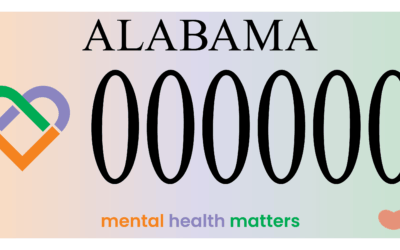


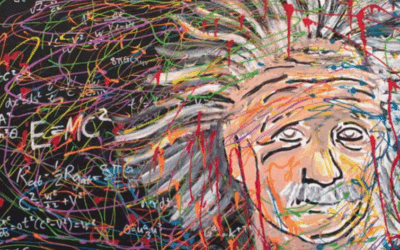




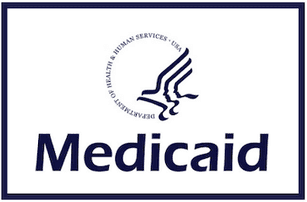


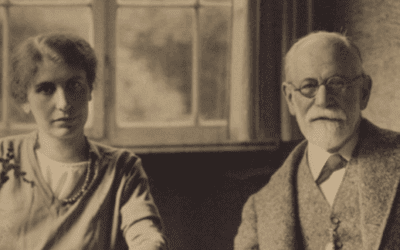
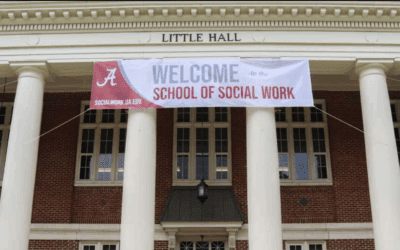





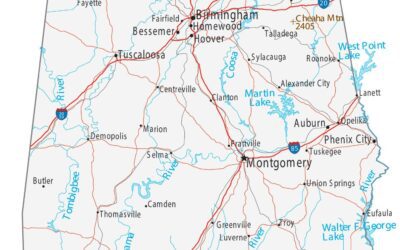
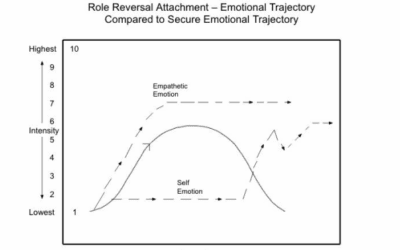
0 Comments